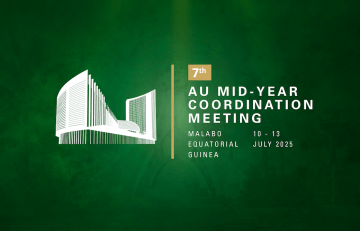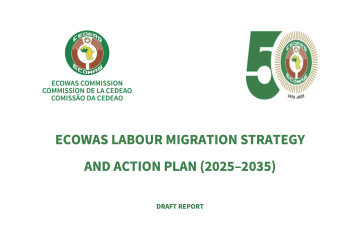Ressources
- février 20, 2026
- février 07, 2026
-
décembre 24, 2025
39th AU summit Media Accreditation Platform
https://accreditation.au.int/en/form/au-summit-accreditation
- août 04, 2025
-
juillet 25, 2025
The Africa Governance Report 2025 (AGR25) is the fourth report produced by the African Peer Review Mechanism (APRM) on behalf of the African Governance Architecture (AGA).
-
juillet 11, 2025
“Assuring Sustainable Water Availability and Safe Sanitation Systems to Achieve the Goals of Agenda 2063”
- juillet 10, 2025
-
juin 19, 2025
7th MYCM Online Media Accreditation Form
-
juin 19, 2025
7th MYCM Media Visa on Arrival Request Form
- juin 19, 2025
-
mai 15, 2025
ECOWAS LABOUR MIGRATION STRATEGY AND ACTION PLAN (2025–2035)
- février 14, 2025
- Page 1
- ››


















